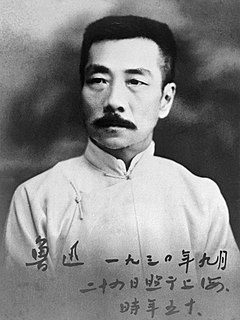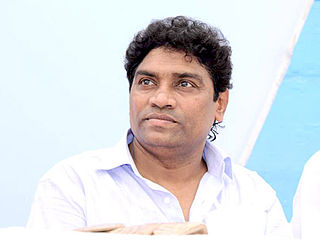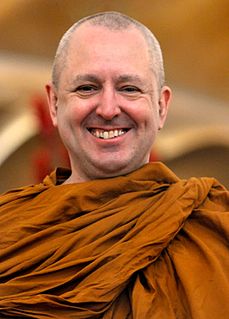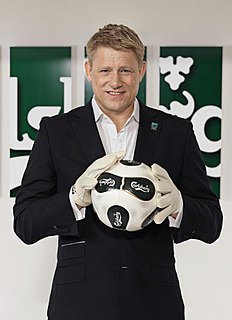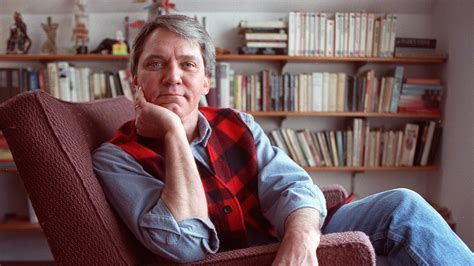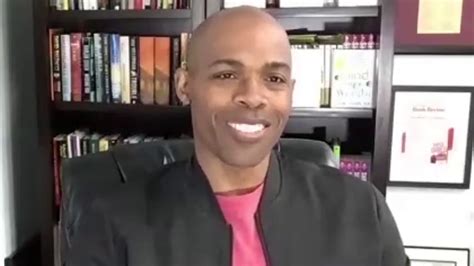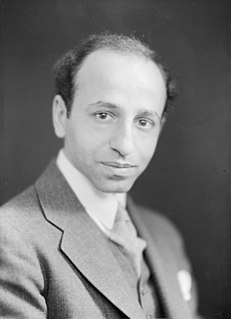A Quote by Lu Xun
The ability to forget the past enables people to free themselves gradually from the pain they once suffered; but it also often makes them repeat the mistakes of their predecessors.
Related Quotes
Here's a memonic device that I feel teaches how we can properly cope with failure. Forget about your failures; don't dwell on past mistakes Anticipate failure; realize that we all make mistakes. Intensity in everything you do; never be a failure for lack of effort. Learn from your mistakes; don't repeat previous errors. Understand why you failed; diagnose your mistakes so as to not repeat them. Respond, don't react to errors; responding corrects mistakes while reacting magnifies them. Elevate your self-concept. It's OK to fail, everyone does; now how are you going to deal with the failure
Once we have forgiven, however, we get a new freedom to forget. This time forgetting is a sign of health; it is not a trick to avoid spiritual surgery. We can forget because we have been healed. But even if it is easier to forget after we forgive, we should not make forgetting a test of our forgiving. The test of forgiving lies with healing the lingering pain of the past, not with forgetting the past has ever happened.
The issue here really is not whether international trade shall be free but whether or not it makes any sense for a country - or, for that matter, a region - to destroy its own capacity to produce its own food. How can a government, entrusted with the safety and health of its people, conscientiously barter away in the name of an economic idea that people's ability to feed itself? And if people lose their ability to feed themselves, how can they be said to be free?
The Afghansti have caused a great many people a great deal of grief and have themselves suffered - for a lie, let us not forget - the same ways we in the United States have caused much suffering in Southeast Asia, and have also suffered much in return, also for a lie. It was no small betrayal, no small lesson for a man to learn at the age of 19. Any soldier returning home must rediscover his humanity and establish a livable peace with the discovered, liberated, permanently dark places in his own heart -the darkness that is always with us.
They say that there are three kinds of people in the world. There are people who never learn one way or another anything; there are people who learn from their own mistakes, eventually and with great pain; and then there are the really wise people who learn from other people's mistakes and spare themselves the suffering.
